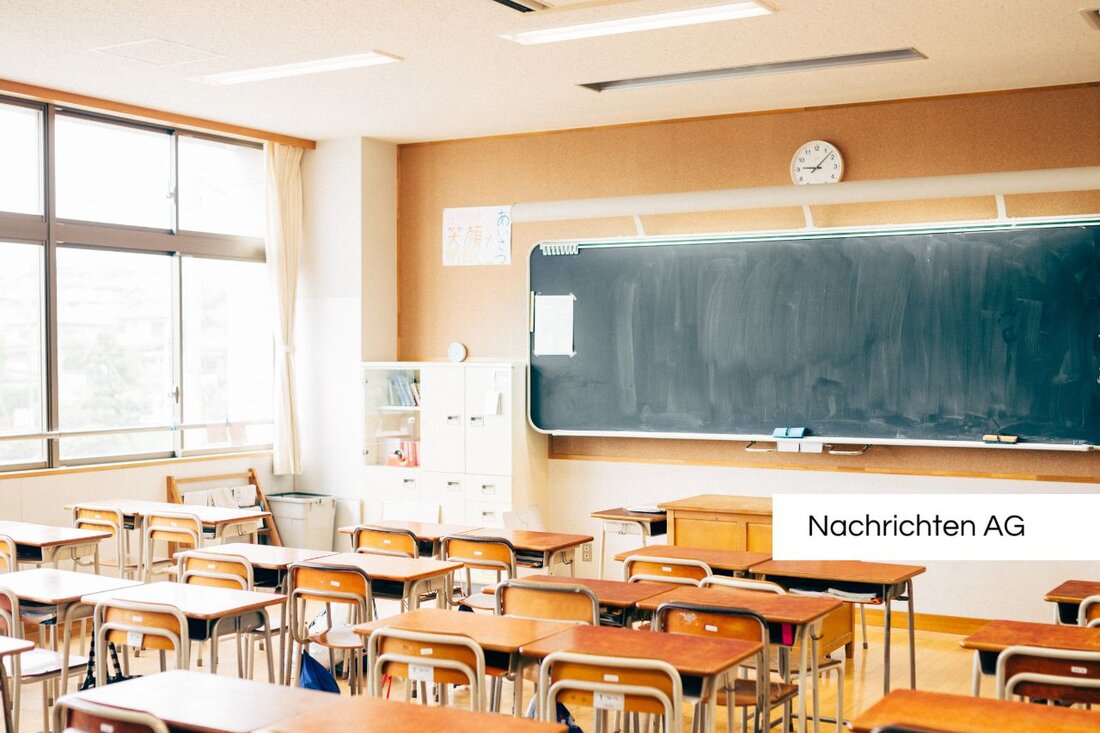Future of language education: Summer school at the FU Berlin starts!
Over 75 teacher training students study at the FU Berlin. The summer school promotes multilingual didactics and linguistics.

Future of language education: Summer school at the FU Berlin starts!
On September 1, 2025, the Free University of Berlin A summer school opened for more than 75 teacher training students from 15 universities in Germany. This event is specifically aimed at future German teachers and has a strong focus on linguistics and didactics. The organizers, Prof. Dr. Barbara Schlücker and Prof. Dr. Diana Maak from the Dahlem Center for Linguistics, in collaboration with the German Society for Linguistics (DGfS), have put together an impressive program.
The summer school concept includes ten different courses that deal with topics such as grammar, spelling, pragmatics and sociolinguistics. The aim is to offer students the opportunity to acquire relevant linguistic specialist knowledge and didactic skills and to address social challenges that significantly influence school teaching, such as the diversity of native languages and the influence of social media.
Variety of offers
The opening lecture, entitled “Multilingualism in the Classroom: Understanding, Using and Promoting Linguistic Diversity”, will be relevant to the willingness of teacher training students to deal with the importance of languages in school lessons. There will also be a public panel discussion on September 4th on the topic “How much linguistics does the school need?” instead, which is intended to stimulate a critical dialogue.
During the lecture-free period, students show great interest in extracurricular offerings. “It is important that learners are motivated in this phase, especially in view of the current shortage of teachers,” explains Prof. Dr. Barbara Schlücker.
Multilingualism in the classroom
The relevance of multilingualism in the school context is also highlighted by University of Hamburg highlighted. The book “Language Diversity as an Opportunity” lists 101 practical suggestions for integrating multilingualism in the classroom. In addition, the MIKS research project shows practical examples of integrating this topic into school lessons.
Another valuable element is the digital learning platform Binogi, which provides materials in multiple languages for students in grades 5 to 10. This platform promotes the development of learning content in the family language, thereby activating existing knowledge.
The German school portal emphasizes that children who grow up multilingual develop a higher metalinguistic awareness and thus promote the acquisition of additional languages. Studies show that multilingual children develop different language skills in different contexts, which underlines the need for targeted support in schools.
Although the myth of “double half-lingualism”, i.e. the assumption that multilingual children only learn languages incompletely, has been refuted, the reality in many schools is different. Schools often do not sufficiently promote multilingualism and there is a lack of concrete concepts and educational policy guidelines.
The principle of two-way immersion could be a helpful model, but it is rarely used in practice. In this regard, it is essential that teachers are competent in both the family language and the surrounding language in order to fully exploit the advantages of multilingualism.

 Suche
Suche
 Mein Konto
Mein Konto